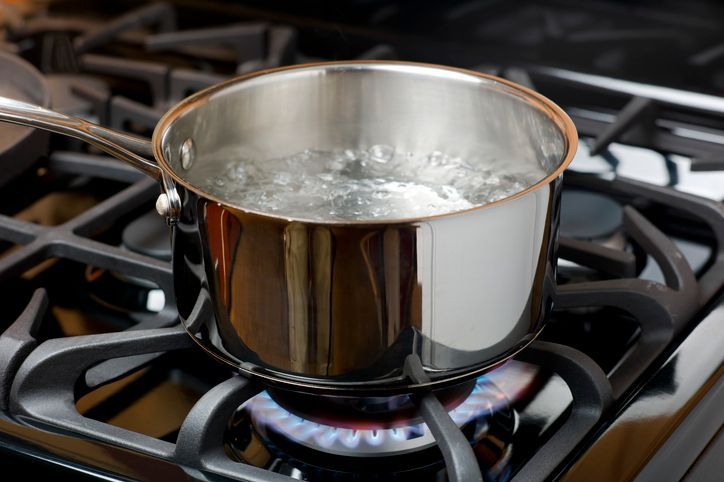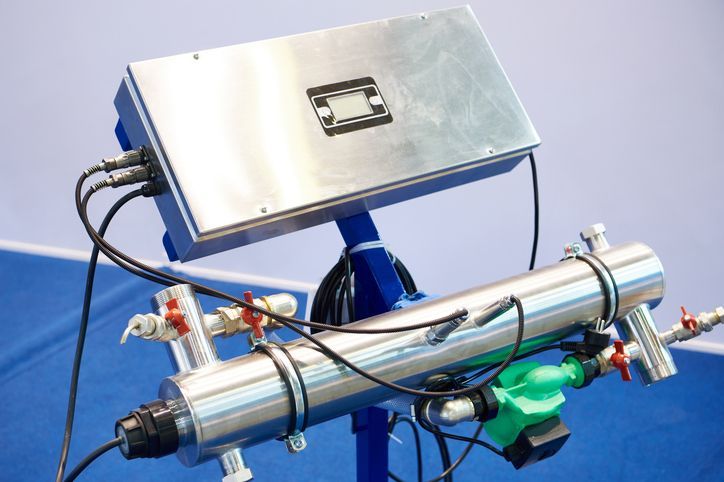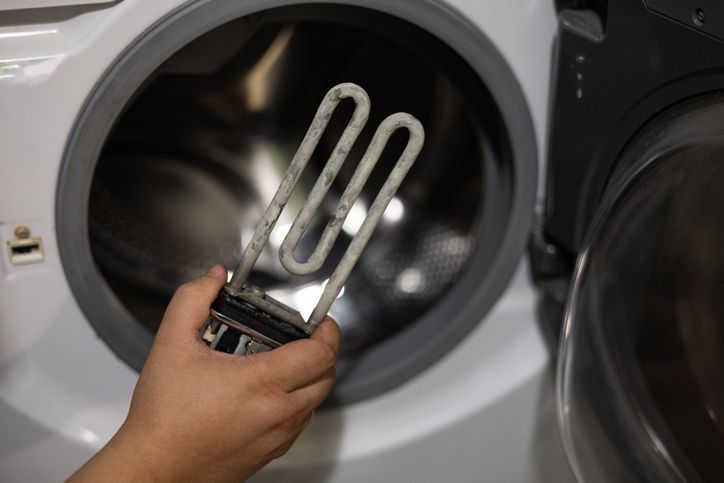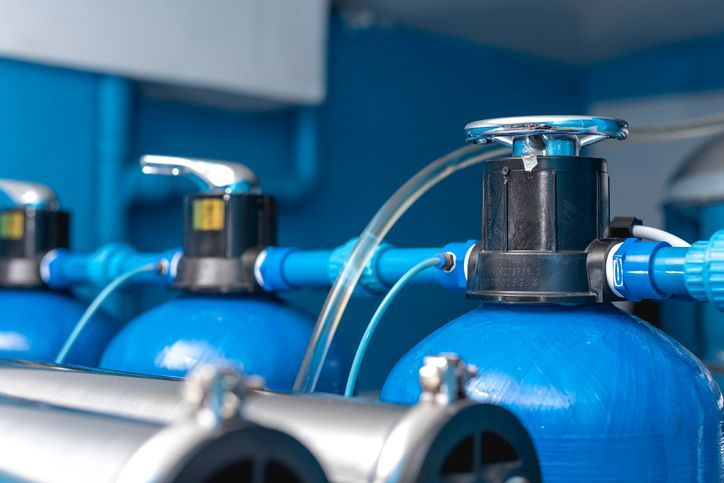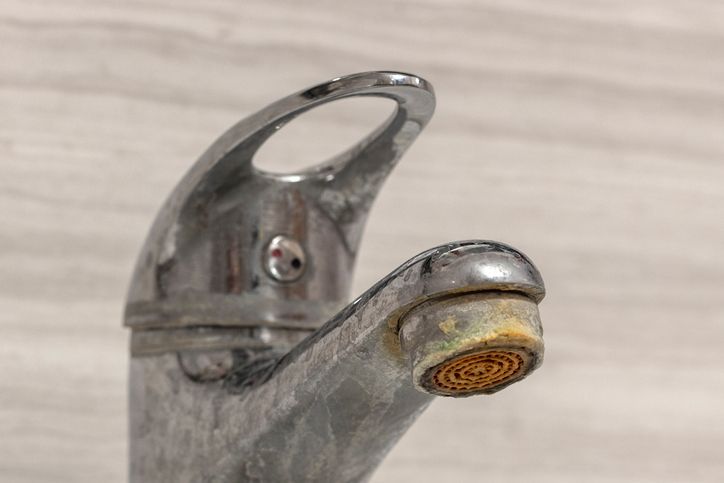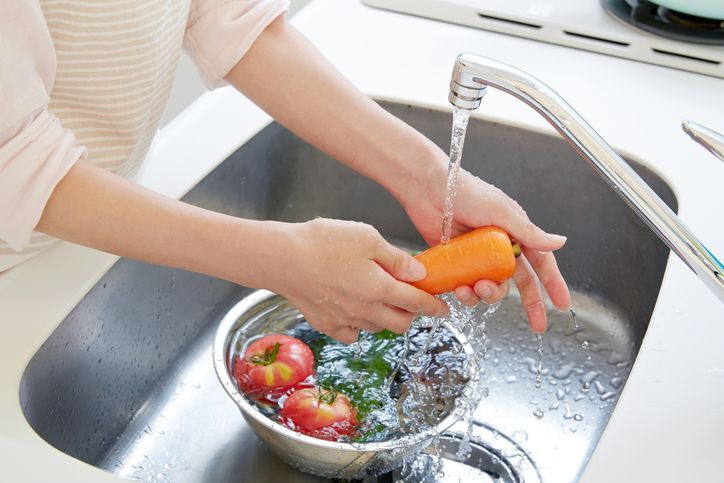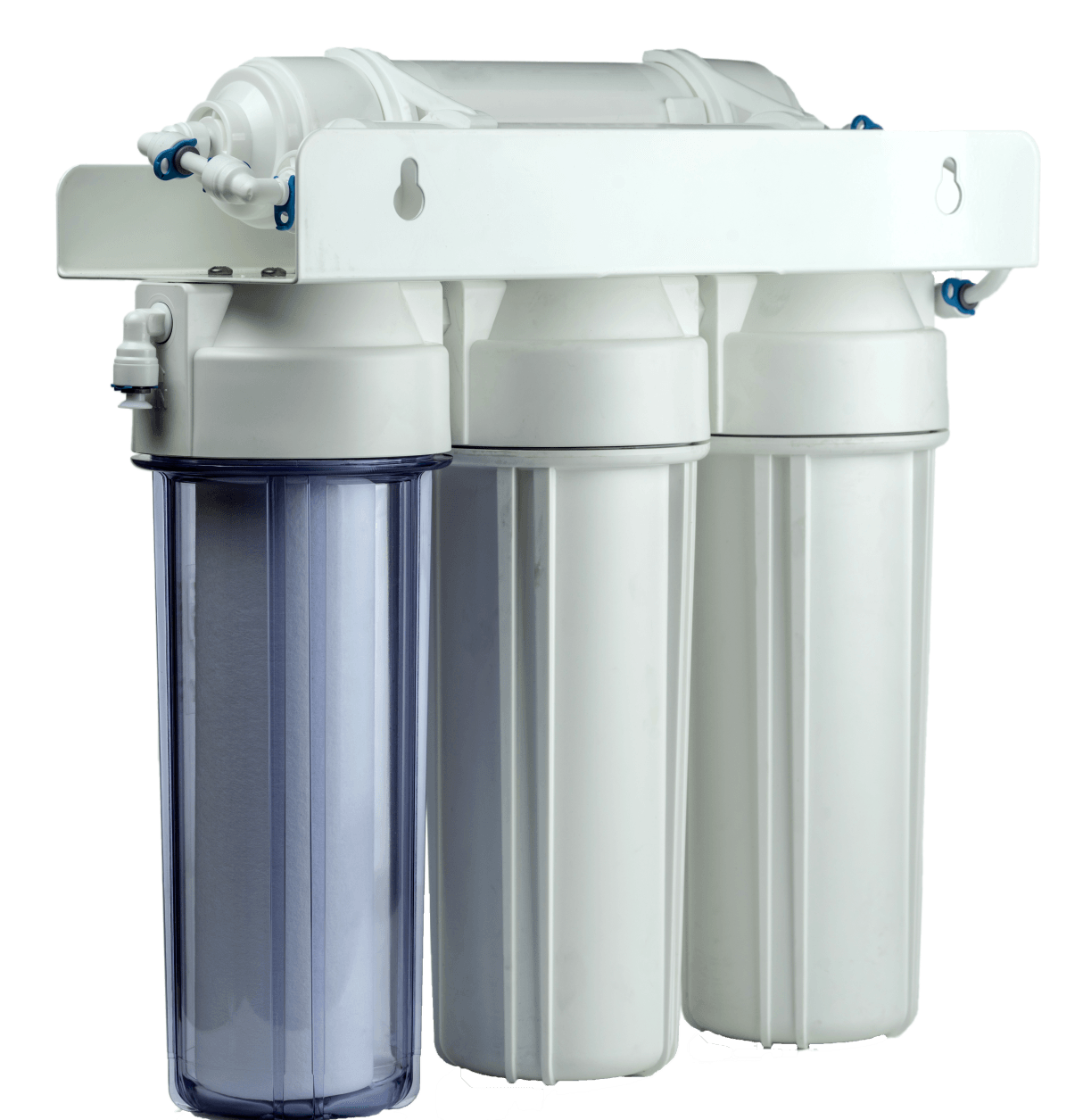Reverse Osmosis vs. Other Filtration Methods
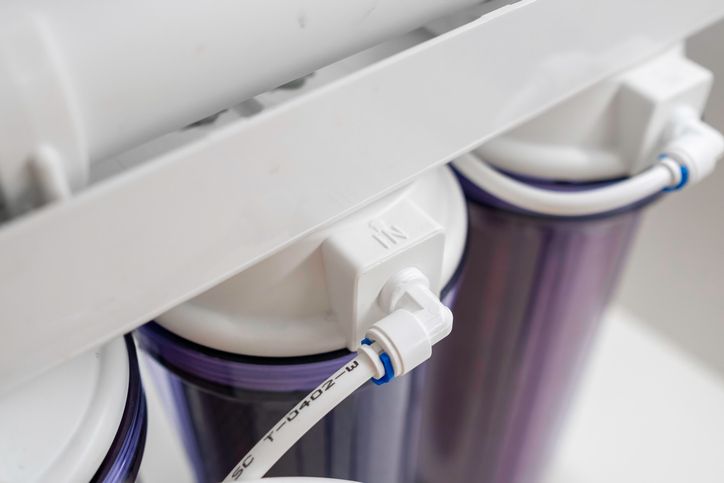
Clean drinking water is a necessity for every household. With increasing concerns about water quality, choosing the right filtration method is crucial. This blog post will explore reverse osmosis (RO) and other popular filtration methods, helping homeowners make informed decisions about their water purification needs.
Water is essential to our health and well-being. However, not all water is safe to drink straight from the tap. Contaminants such as chlorine, heavy metals, bacteria, and viruses can compromise water quality. Therefore, having an effective water filtration system in place is vital for any homeowner.
Numerous water filtration methods are available, each with its own advantages and disadvantages. This guide will walk you through reverse osmosis and other common filtration methods to help you determine the best option for your home.
Understanding Reverse Osmosis (RO)
What is Reverse Osmosis?
Reverse osmosis (RO) is an effective and reliable water filtration method that utilizes a semi-permeable membrane to remove contaminants. Pressure is applied to the water, forcing it through the membrane and leaving impurities behind. Key components of an RO system include the pre-filter, RO membrane, post-filter, and storage tank.
Advantages of Reverse Osmosis
High Removal Rate of Contaminants:
RO systems are known for removing up to 99% of water contaminants, including bacteria, heavy metals, viruses, and chemicals. This makes RO one of the most reliable filtration methods available.
Produces Clean, Great-Tasting Water:
By removing impurities, RO systems produce water that is safe and tastes great. Many users report a noticeable improvement in the taste and odor of their water.
Low Energy Consumption:
RO systems are more energy-efficient than distillation. The process relies on pressure rather than heat, leading to lower energy costs while still providing high-quality water.
Disadvantages of Reverse Osmosis
Requires Regular Maintenance and Filter Replacement:
RO systems need regular maintenance to ensure optimal performance. Filters must be replaced periodically, which can increase the overall cost of the system.
Slower Filtration Process:
RO systems filter water at a slower rate compared to other methods. This means producing sufficient filtered water for larger households may take longer.
Wastewater Generation:
During the filtration process, RO systems generate wastewater. This can be a concern in areas with water shortages, as it increases overall water consumption.
Other Filtration Methods
Activated Carbon Filtration
Activated carbon filters utilize adsorption to remove contaminants from water. The carbon's porous surface attracts and traps impurities, improving water quality.
Advantages:
Effective at removing chlorine and organic compounds and improving taste.
Relatively low-cost and easy to install.
Disadvantages:
Limited effectiveness on certain contaminants like nitrates and heavy metals.
Requires regular replacement of the carbon filter.
Distillation
Distillation is done by boiling water to create steam. The steam is then condensed back into liquid form. This process effectively removes a variety of common water contaminants.
Advantages:
Highly effective at removing various impurities, including heavy metals and bacteria.
Produces very pure water.
Disadvantages:
Energy-intensive and slow process.
It may remove beneficial minerals from the water.
Ultraviolet (UV) Purification
UV purification is a method that utilizes ultraviolet light to kill viruses and bacteria in water. This method disinfects water without adding chemicals.
Advantages:
Effective at killing microorganisms without altering water taste or odor.
Quick and easy to maintain.
Disadvantages:
Does not remove chemical contaminants.
Requires clear water for maximum effectiveness.
Ceramic Filtration
Ceramic filters use a porous structure to trap bacteria and sediments, providing a physical barrier against contaminants.
Advantages:
Effective at removing bacteria and sediments.
Long-lasting and reusable.
Disadvantages:
Limited effectiveness on chemical contaminants.
Slower filtration rate compared to other methods.
Comparing Filtration Methods
Effectiveness
When comparing the effectiveness of different filtration methods, it's essential to consider the type of contaminants you want to remove. RO systems excel at removing a broad spectrum of impurities, while activated carbon filters are better suited for improving taste and removing chlorine.
Distillation is highly effective but may strip beneficial minerals from the water. UV purification is excellent for disinfecting but doesn't address chemical contaminants. Ceramic filters are ideal for bacteria and sediments but may not effectively remove chemicals.
Application Scenarios
RO Systems:
Best for comprehensive filtration needs in residential settings
Activated Carbon Filters:
Ideal for improving taste and removing chlorine in kitchen faucets or refrigerator filters.
Distillation:
Suitable for producing pure water in laboratories or for emergency water purification.
UV Purification:
Great for disinfecting potable water in areas with biological
contamination.
Ceramic Filters:
Useful in portable filtration systems for camping or rural areas.
Work with Aqua Solutions for Home Water Filtration
When choosing the right water filtration system, understanding your specific needs and water quality issues is crucial. Whether you opt for reverse osmosis, activated carbon, distillation, UV purification, or ceramic filtration, each method offers unique benefits and challenges.
At Aqua Solutions, we are committed to helping homeowners find the best water filtration system. Our experts are here to provide professional advice and guide you through the selection process.
Contact Aqua Solutions today for personalized assistance in choosing the right water filtration system. Visit our website to learn more about improving your home's water quality.
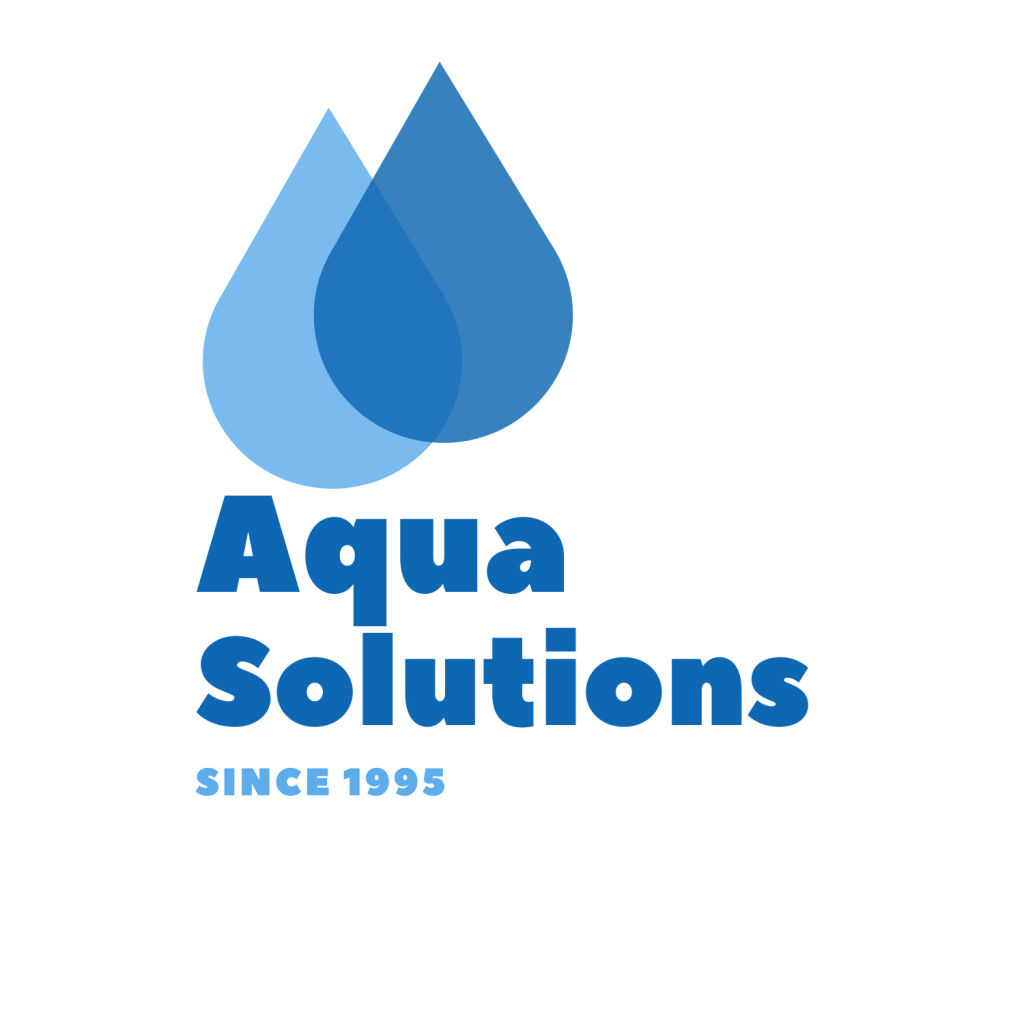
Author:
Gary Monks
Gary Monks has led Aqua Solutions since 1997, earning recognition as a water treatment expert with 25 years of experience. Renowned in Butler, he has won the Best Water Treatment award for three years and actively supports the community, including local sports and radio engagements.
